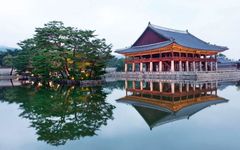The Five Elements are interrelated through generation and restriction.Generation: Wood generates Fire, Fire generates Earth, Earth generates Metal, Metal generates Water, Water generates Wood, representing development.Restriction: Wood restrains Earth, Earth restrains Water, Water restrains Fire, Fire restrains Metal, Metal restrains Wood, representing balance.In Traditional Chinese Medicine (TCM), the concepts of “Five Elements, Five Qi, Five Organs, Five Tastes, and Five Colors” are interconnected, supporting and restraining each other.The harmony of the Five Elements directly affects bodily functions; any imbalance can lead to corresponding physical symptoms. Therefore, understanding the Five Elements in the body is essential for health.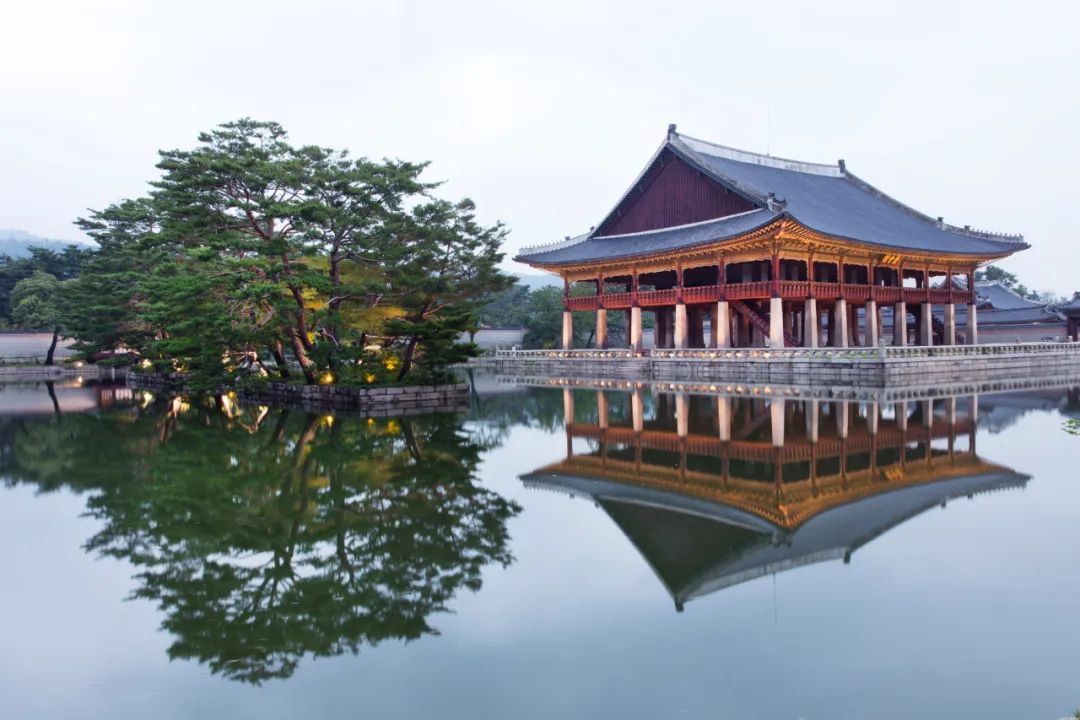
01
Wood corresponds to the season of Spring. The organs associated with Wood are the Liver, Gallbladder, and Eyes. When overworked, the first organ to protect is the Liver, as it is the organ that stores blood in the body. If you work excessively, it must work hard to store blood.The Five Elements are originally generated in the order of Liver, Heart, Spleen, Lung, and Kidney. If the Liver is overworked and weakened, it affects the Heart, Spleen, Lung, and Kidney, and the accumulated anger from overwork can also harm the Liver. Therefore, snacks during overtime work can include sour foods, such as preserved plums. If any organ associated with Wood feels uncomfortable, consuming more green foods is beneficial.These correspond to the Liver and Gallbladder, containing abundant chlorophyll, vitamins, and fiber, which can assist the organs in expelling toxins from the body. The emotion associated with Wood is Anger. The taste associated with Wood is Sour. Foods associated with Wood are Green foods.Recommended foods: Cabbage, Bok Choy, and Spinach, among various leafy vegetables.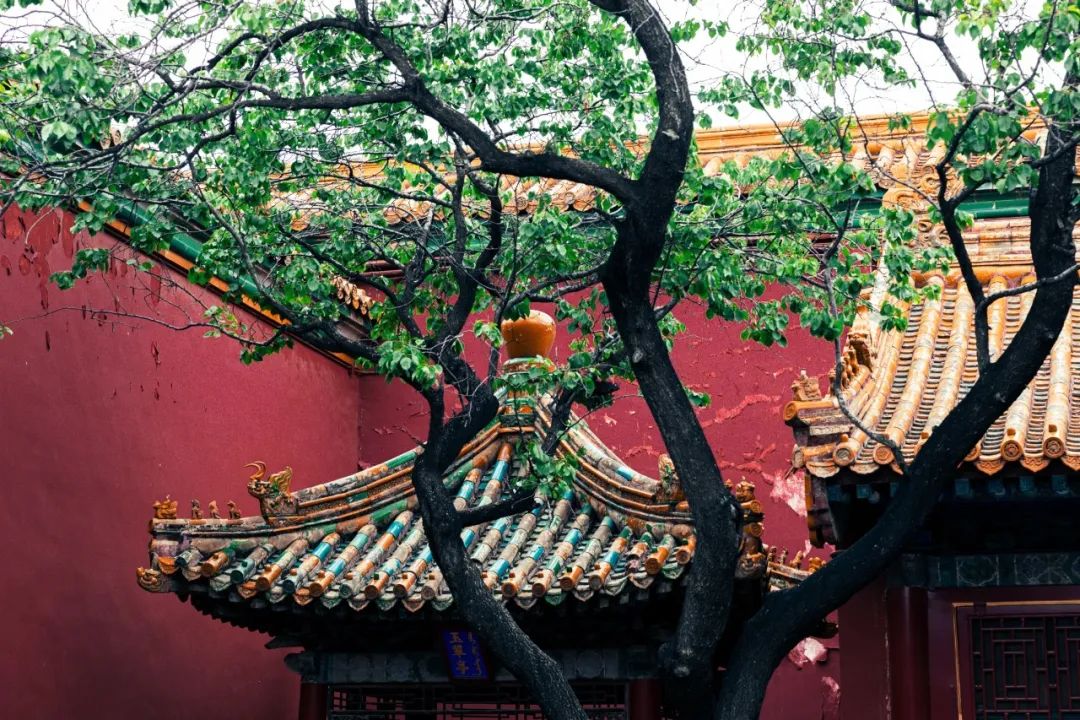
02
Fire corresponds to the season of Summer. The organs associated with Fire are the Heart, Small Intestine, and Tongue. The emotion associated with Fire is Joy. The taste associated with Fire is Bitter.Foods associated with Fire are Red foods. The Heart is associated with Fire, making it prone to heat, restlessness, and rapid heartbeat, which increases the burden on the heart. Therefore, nurturing the heart is crucial in summer. In addition to consuming heart-nourishing foods, according to the principle of restriction in the Five Elements, the Kidney restrains Heart Fire, so nourishing Kidney Qi in winter is a wise approach.To nourish the heart, it is best to eat red foods, which correspond to the red blood and the heart responsible for blood circulation. Those with poor complexion and cold extremities can benefit from consuming more. Recommended foods: Red Beans, Red Dates, Carrots, Red Peppers, Tomatoes.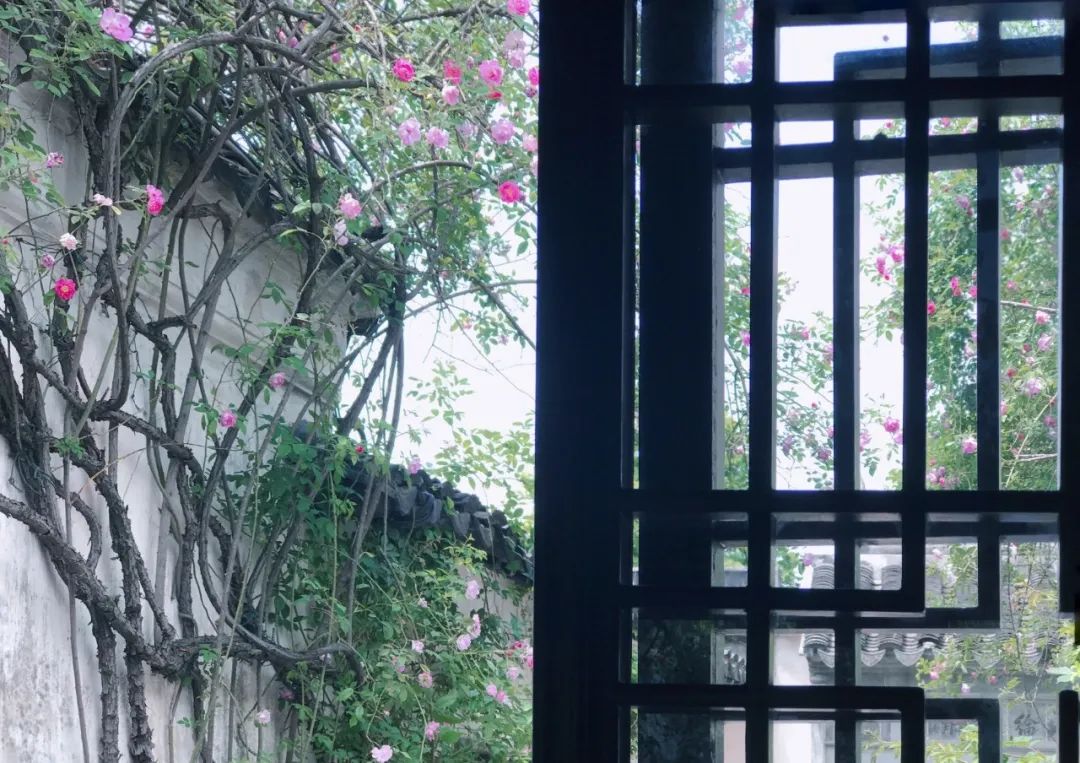
03
Earth corresponds to the season of Late Summer, which refers to the period after the dry heat of summer when it begins to rain. The organs associated with Earth are the Spleen, Stomach, and Mouth. The emotion associated with Earth is Thoughtfulness. The taste associated with Earth is Sweet. Foods associated with Earth are Yellow foods. Late summer is the wettest time of the year. Excess moisture can harm the Spleen and Stomach, and when these organs are affected, appetite decreases, which is why we often lack appetite in the peak of summer. At this time, the diet should include “more sweet and bitter” foods; consuming sweet foods can replenish Spleen Qi. According to the Five Elements, the Fire-associated Heart nourishes the Earth-associated Spleen, and consuming bitter foods that strengthen the heart also benefits the Spleen.Problems with Earth organs correspond to yellow foods. The Spleen and Stomach play a role in nutrient supply in the body; when they are well-regulated, Qi and blood will be abundant. Recommended foods: Oranges, Pumpkins, Corn, Yellow Soybeans, Sweet Potatoes.
04
Metal corresponds to the season of Autumn.In autumn, the most important organ to maintain is the Lung, and the most common ailment is coughing, which is influenced by the spirit of the Five Elements. As the grass and trees begin to wither in autumn, it can easily lead to feelings of melancholy and depression. The organs associated with Metal are the Lung, Large Intestine, and Nose. The emotion associated with Metal is Sadness. The taste associated with Metal is Spicy.Foods associated with Metal are White foods. Metal foods primarily correspond to the Lung, and most are white foods.They are generally neutral and cool in nature, which can strengthen the lungs and promote voice clarity, as well as enhance gastrointestinal motility and metabolism, giving the skin elasticity and luster. Recommended foods: Pears, White Radishes, Yam, Almonds, Lilies, and Tremella.
05
Water corresponds to the season of Winter. The organs associated with Water are the Kidney, Bladder, and Ears. Excessive consumption of outside food can harm the Kidneys, which are of utmost concern. Chefs often use a lot of oil and salt in cooking, making the food more flavorful.However, salty flavor corresponds to Water and the Kidney; in moderation, it is beneficial, but excessive consumption is detrimental. If the complexion appears dark, it may indicate Kidney issues. The emotion associated with Water is Fear. The taste associated with Water is Salty.Foods associated with Water are Black foods. These foods correspond to the Kidneys and bones,and regular consumption can help maintain normal metabolism related to the Kidneys, Bladder, and bones, preventing excess water retention that can cause edema and strengthening the bones. Recommended foods: Black Beans, Black Sesame, Blueberries, Shiitake Mushrooms, Black Dates, Longan, and Dried Plums.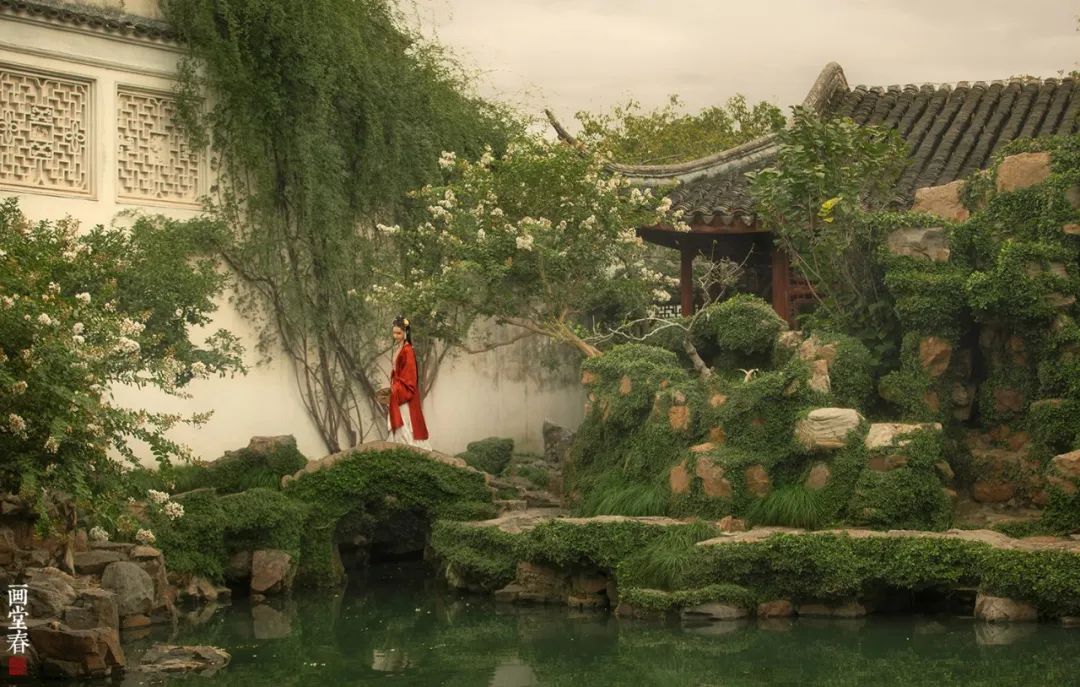 The reason why Chinese people believe so firmly in the Five Elements is that they see themselves as part of the universe, and as part of the Five Elements, they naturally adhere to the eternal laws of generation and restriction. Thus, the Five Elements are not only a philosophical principle for the Chinese but also a belief. People believe that as long as “the body possesses the righteous Qi of the Five Elements, the heart is as clear as a mirror.”Rather than viewing the generation and restriction of the Five Elements as a form of metaphysics, it is more accurately described as a philosophy of moderation and harmony, as well as a belief in the eternal and unchanging nature of the universe.For over 2000 years, the Chinese have used it to contemplate the universe, observe nature, understand society, and gain insights into life.
The reason why Chinese people believe so firmly in the Five Elements is that they see themselves as part of the universe, and as part of the Five Elements, they naturally adhere to the eternal laws of generation and restriction. Thus, the Five Elements are not only a philosophical principle for the Chinese but also a belief. People believe that as long as “the body possesses the righteous Qi of the Five Elements, the heart is as clear as a mirror.”Rather than viewing the generation and restriction of the Five Elements as a form of metaphysics, it is more accurately described as a philosophy of moderation and harmony, as well as a belief in the eternal and unchanging nature of the universe.For over 2000 years, the Chinese have used it to contemplate the universe, observe nature, understand society, and gain insights into life.

